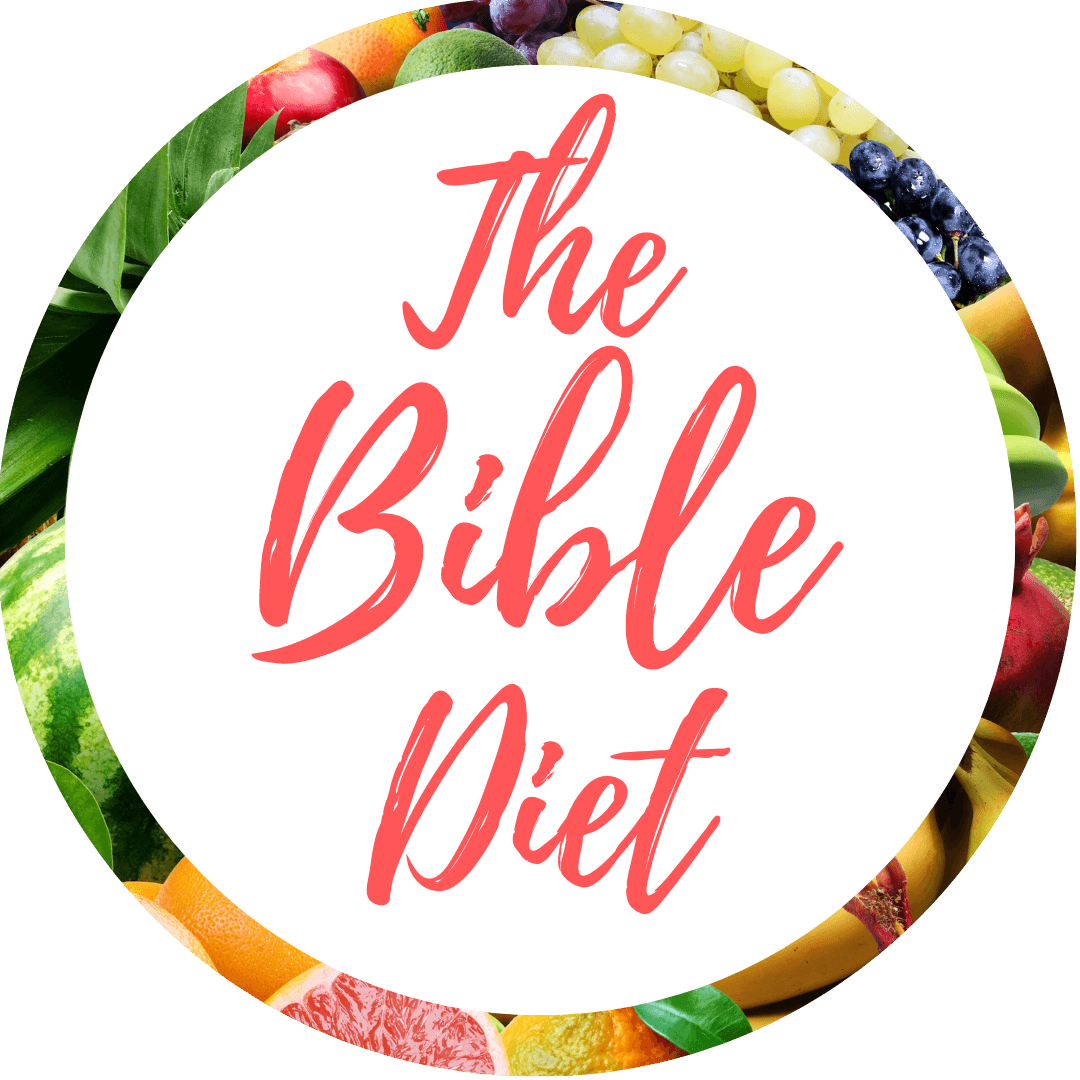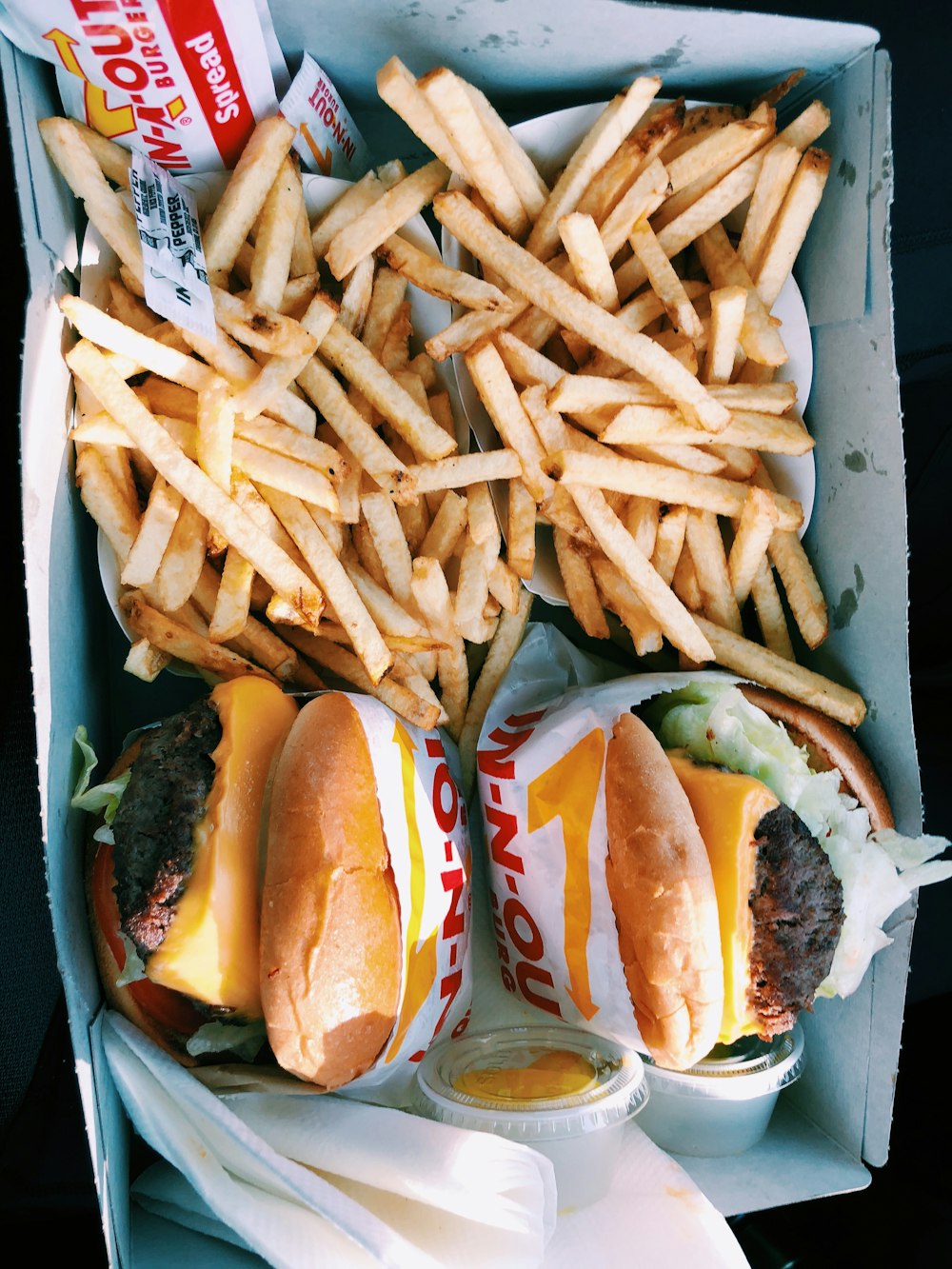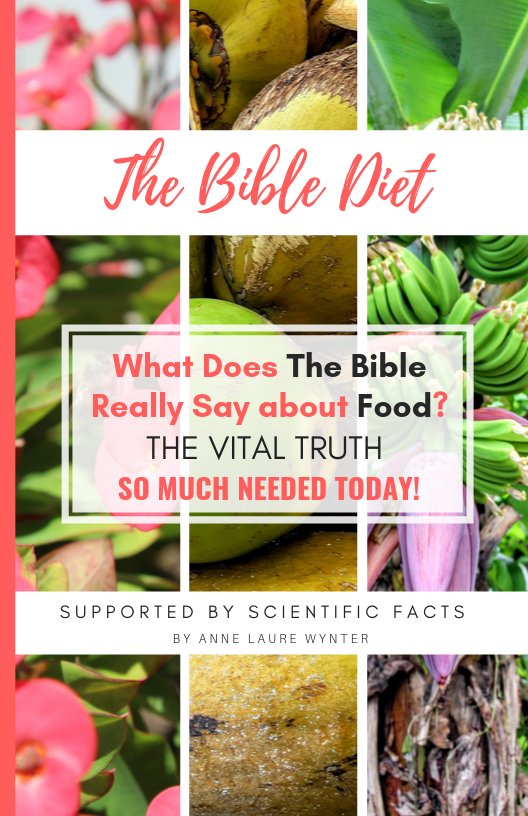 There is a common belief among most of us being that fat is our worst enemy! We always think that consuming it makes us gain weight and causes health problems. So are they bad for you? On the contrary! Just like sugar, we all need fats and we can’t live without them.
There is a common belief among most of us being that fat is our worst enemy! We always think that consuming it makes us gain weight and causes health problems. So are they bad for you? On the contrary! Just like sugar, we all need fats and we can’t live without them.
According to The U.S. Department of Agriculture’s 2005 Dietary Guidelines adults should get 20%-35% of their calories from fats.
It provides essential fatty acids that help deliver vitamins, they give us energy and help us to have soft skin. But there are bad and good kinds we must choose from and we should consume good ones with moderation.
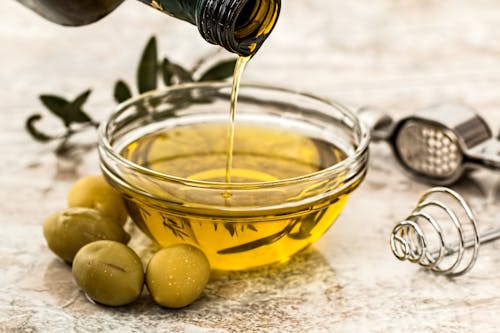
In many countries today, we consume too much bad fat and not enough of the good kind. The average American person consumes 34% to 40% of his calories come from fat. This substance is easily available in our food supply and it can be so satisfying when we eat fatty products that we often crave for them. This can trigger an increase in the rates of type 2 diabetes, some cancers, as well as heart disease.
What are the bad fats?
Trans and saturated fats can increase disease risk, even if we eat them in small quantities. These are mainly found in some processed foods, and can increase the levels of cholesterol, can clog arteries, and raise the risk for heart disease. It has also been shown that they increase colon and prostate cancer risk.
Artificial trans fats are mainly formed during hydrogenation, a process in which hydrogen is added to vegetable oil. It forms a semi-solid product called partially hydrogenated oil. Other bad fats are found in animal products such as meat, milk, and eggs.
Are some of them good for me?
Unsaturated fats, which include monounsaturated and polyunsaturated are good for you. They lower the risk of disease. Indeed they can help reduce the levels of cholesterol, and the risk of heart disease. Generally, these good fats are a good source of antioxidant vitamin E that most Americans lack in their diet. We can easily find the good ones in extra virgin olive oil, coconut oil, avocados, and basically all nuts and seeds.
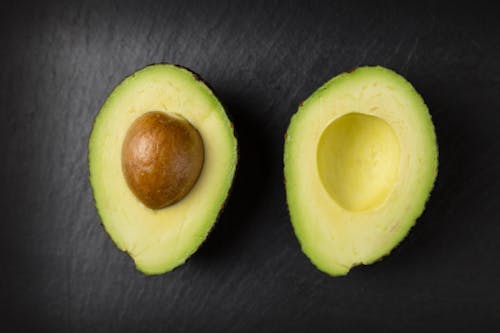
What about reduced-fat products?
Products labeled “low-fat” usually have excess carbohydrates from sugar or refined grains. This can affect blood sugar and insulin levels, and can potentially result in weight gain and disease.
